The Lean Blue Belt certification is a designation that signifies a comprehensive understanding of Lean principles and their application in an organization. It is typically an intermediate-level certification in Lean Six Sigma training.
Here are some key concepts and skills that are covered in a Lean Blue Belt certification program:
- Understanding of Lean principles: A Lean Blue Belt certification program will provide a thorough understanding of Lean principles, including the identification of waste and opportunities for improvement, creating value for the customer, and the importance of continuous improvement.
- Value stream mapping: Value stream mapping is a tool used to identify areas of waste in a process. A Lean Blue Belt certification program will provide training on how to create and interpret value stream maps.
- Root cause analysis: Root cause analysis is a problem-solving method used to identify the underlying cause of a problem. A Lean Blue Belt certification program will provide training on root cause analysis techniques and how to apply them in a Lean environment.
- Continuous improvement: Continuous improvement is a key concept in Lean methodology. A Lean Blue Belt certification program will provide training on how to establish and maintain a culture of continuous improvement in an organization.
- Project management: A Lean Blue Belt certification program may also include project management training. This will cover how to plan, execute, and monitor Lean improvement projects to ensure they are successful.
Overall, a Lean Blue Belt certification program provides participants with the knowledge and skills to identify and eliminate waste, create value for the customer, and continuously improve processes in an organization. It is an excellent way to develop expertise in Lean methodology and make meaningful contributions to process improvement initiatives in your organization.
-
0 % In Progress
